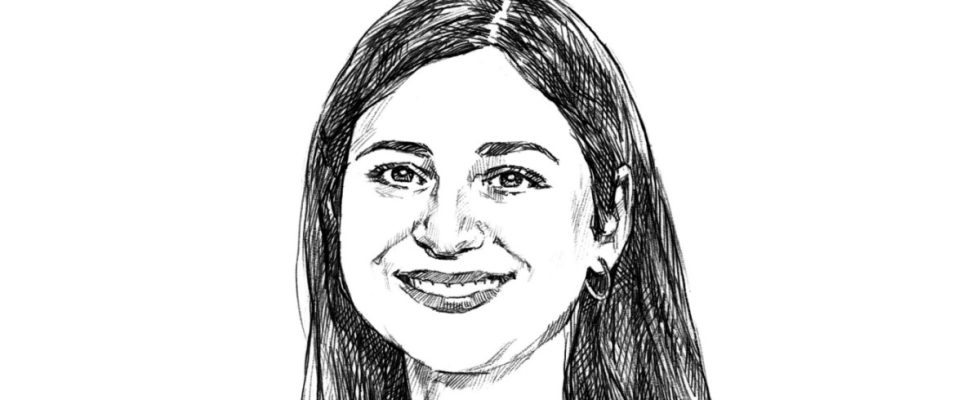Every November 25th, Ukrainians all over the world remember the famine that our people had to suffer in 1932/1933. Many Ukrainians are now sharing these bitter memories on social media. They are stories of people who ate dirt, grass and leaves to survive. Or of parents who should leave their child to die so that other children can live.
Many who did not die of hunger took their own lives out of sheer desperation. Millions of Ukrainians have died. The hunger was not a natural disaster, it was provoked by the then Soviet Union. The Bundestag has recognized the so-called Holodomor, the “murder by hunger”, as a famine that was deliberately brought about 90 years ago, as a genocide.
History repeats itself because now Russia is using hunger as an instrument of war in its attack against Ukraine. In many areas near the front, food supplies are hardly possible and poverty is great.
I appreciate initiatives and people all the more who are now supporting my country and helping with food to avoid hunger. I met some of these initiatives on Remembrance Day in the Old Town Hall in Munich. A fair of solidarity and international cooperation took place there, at which more than 60 institutions and initiatives presented their work. These included organizations that help Ukraine.
For example, I met Volker Schindler from the Bavarian East Society (BOG), who has been volunteering for Ukraine and Eastern Europe for 20 years. He used to visit Moscow frequently and speaks Russian, which is where his interest in this part of the world comes from. The Bavarian Eastern Society has been supporting families and children in the Peretschin district of Transcarpathia for several years. The association particularly focuses on children who live in extreme poverty and have little prospects for the future without help.
It is a sad truth that the number of families in need of support has grown significantly since the Russian war of aggression. In Peretshin alone, around 400 internally displaced people live in cramped communal accommodation, such as classrooms. The Bavarian East Society helps with food, hygiene products, furniture and kitchen appliances. I was also touched by the commitment of the Taufkirchen community, which provides free storage space for the goods, which are then brought to Ukraine by a shipping company at a reduced price.
The “Bridge to Kiev” is another initiative that has been committed to the people of Kiev and the region for 20 years in cooperation with the local Samaritan Association. Sponsorships are offered for individuals or families who find themselves in major emergency situations. People receive aid packages. The association also maintains a social center and accommodation for children with severe mental disorders. Because the association has been helping for many years, it also enjoys the trust of the city of Munich, which has provided 150,000 meals via the “Bridge to Kiev”.
These were just examples of helpfulness that particularly struck me. I would also like to mention the many other initiatives and associations at the fair that are doing great work to support my people. They all give me the good feeling that together we are strong for the survival of my country.
Emiliia Dieniezhna, 35, fled from Kiev with her then four-year-old daughter Ewa Pullach near Munich. She works on a voluntary basis for the non-governmental organization NAKO, whose goal is to fight corruption in Ukraine. She also teaches German to Ukrainian refugee children. She writes a weekly column for the SZ about her view of events in her home country from Munich.

